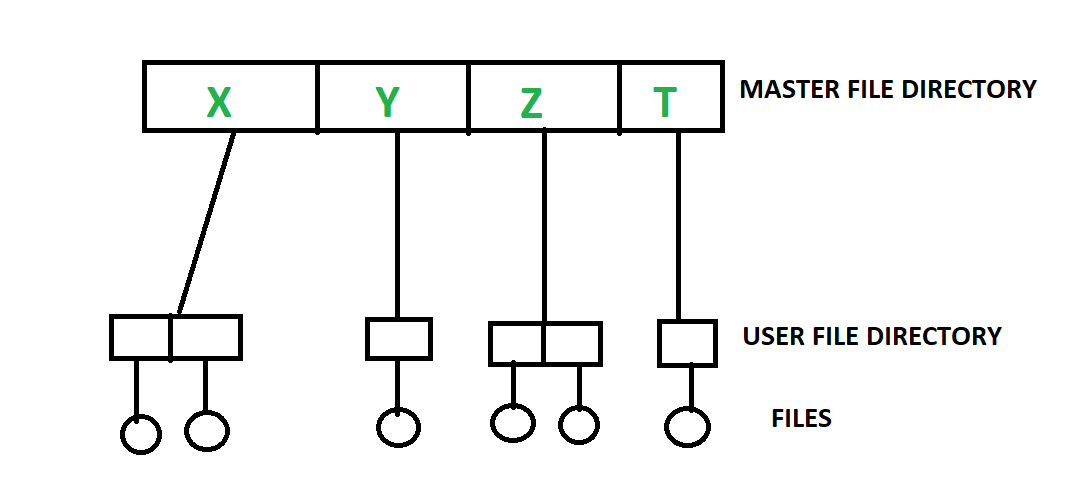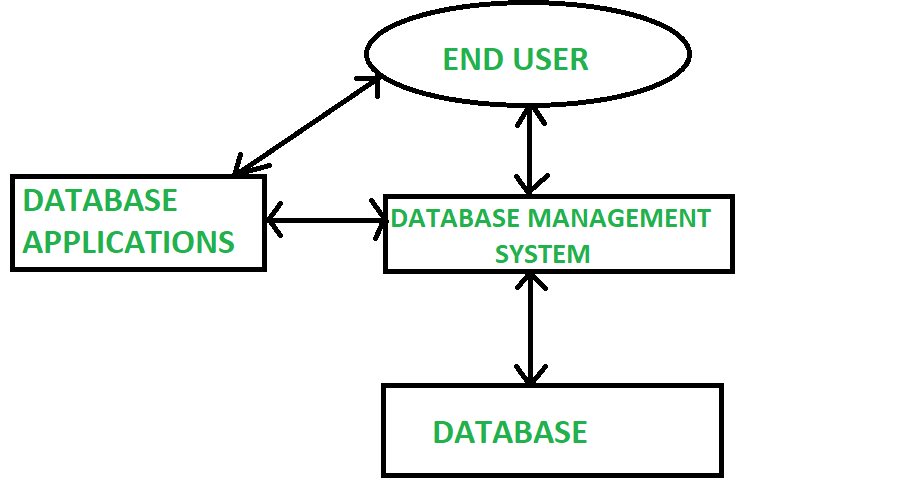先决条件 – 基于文件系统的 DBMS
1. 文件系统:
文件系统基本上是一种在硬盘等存储介质中排列文件的方式。文件系统组织文件并在需要时帮助检索文件。文件系统由分组到目录中的不同文件组成。目录还包含其他文件夹和文件。文件系统执行基本操作,如管理、文件命名、提供访问规则等。
例子:
NTFS(New Technology File System), EXT(Extended File System).

2. DBMS(数据库管理系统):
数据库管理系统基本上是一个管理相关数据集合的软件。它用于存储数据并在需要时有效地检索数据。它还提供适当的安全措施来保护数据免受未经授权的访问。在数据库管理系统中,可以通过 SQL 查询和关系代数获取数据。它还提供了数据恢复和数据备份的机制。
例子:
Oracle, MySQL, MS SQL server.

文件系统和 DBMS 的区别:
| S.NO. | File System | DBMS |
|---|---|---|
| 1. | File system is a software that manages and organizes the files in a storage medium within a computer. | DBMS is a software for managing the database. |
| 2. | Redundant data can be present in a file system. | In DBMS there is no redundant data. |
| 3. | It doesn’t provide backup and recovery of data if it is lost. | It provides backup and recovery of data even if it is lost. |
| 4. | There is no efficient query processing in file system. | Efficient query processing is there in DBMS. |
| 5. | There is less data consistency in file system. | There is more data consistency because of the process of normalization. |
| 6. | It is less complex as compared to DBMS. | It has more complexity in handling as compared to file system. |
| 7. | File systems provide less security in comparison to DBMS. | DBMS has more security mechanisms as compared to file system. |
| 8. | It is less expensive than DBMS. | It has a comparatively higher cost than a file system. |